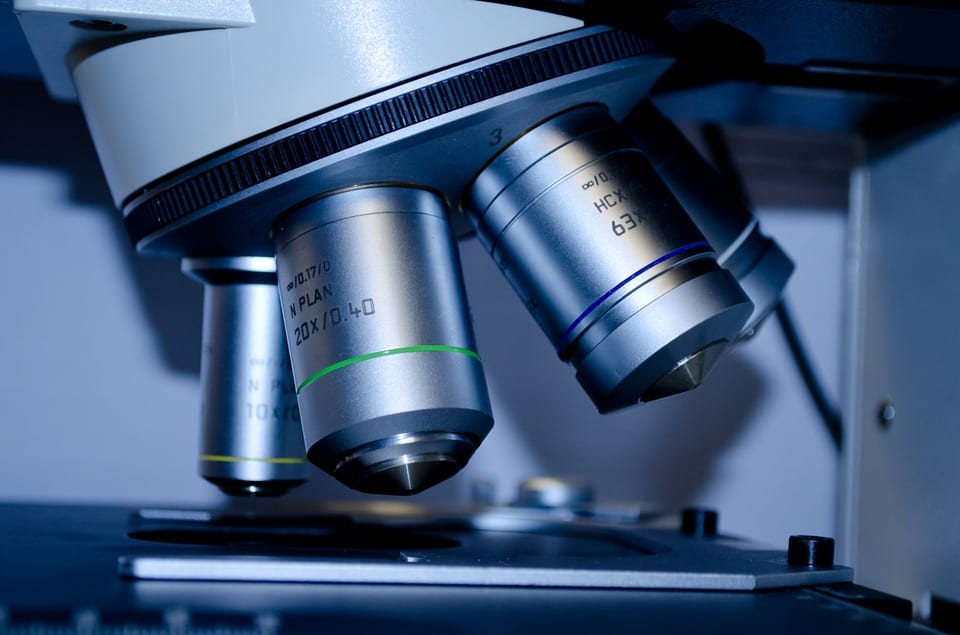One of the (many) things that surprised me after giving birth for the first time was the doctor telling me my wee winter baby would need to take Vitamin D drops for the first several months of his life. Why was it so important? Did I need to take Vitamin D drops? The questions were endless, but at the time, I was too sleep-deprived to ask a single one of them.
If you’re in the same boat as me – at least as far as not knowing why Vitamin D is so important for human health and development – then read on!
It turns out that getting enough Vitamin D is important for even healthy adults, and the lack of it has been linked to reduced memory and cognition and associated with mental illness like schizophrenia.

Image Credit: Pixabay
When Dr. Thomas Burne from the University of Queensland deprived healthy, adult rats of Vitamin D their perineuronal nets – kind of like the brain’s scaffolding – declined by as much as half. The nets stabilize important neurons and the connections between them, and not getting enough Vitamin D results in fewer and weaker connections overall.
The papers were published in Brain Structure and Function and Trends in Neuroscience, and concluded that getting enough Vitamin D could offer protection against enzymes that negatively affect the scaffolding.

Image Credit: Pixabay
Burne told IFLScience that the perineuronal nets are not beneficial in some areas of the brain, where they appear to stall new learning and even exacerbate Alzheimer’s, but in the hippocampus, where the study found the majority of the losses, they seem to be crucial to memory formation and perceptions of reality.
That last part is the reason that Burne and others link low Vitamin D before birth to incidences of schizophrenia.
You can get an adequate dose by spending time outdoors on sunny days and also by eating Vitamin D rich foods, but if you’re worried, supplements are also available. But even with so many options, Burne said in a statement that “over a billion people worldwide are affected by vitamin D deficiency.”
People have been, Burne says, seeing Vitamin D deficiency as a result and not a cause for too long.

Image Credit: Pixabay
“If you take anyone with almost any disease, they will generally have lower vitamin D than healthy controls. So it looks like deficiency is a consequence of getting ill. Nevertheless, for some conditions, such as cognitive decline among the elderly, we have reason to believe a shortage of vitamin D is a cause as well as an effect.”
The team hopes that their research will help more physicians promote the use of Vitamin D for bone health, cancer prevention, and also brain health. And there’s hope for the future, Burne says:
“We are also particularly excited to have discovered these nest can change in adult mice. I’m hoping that because they’re dynamic there is a chance that we can rebuild them, and that could set the stage for new treatments.”
Until then, get outside, y’all. Just in case.






